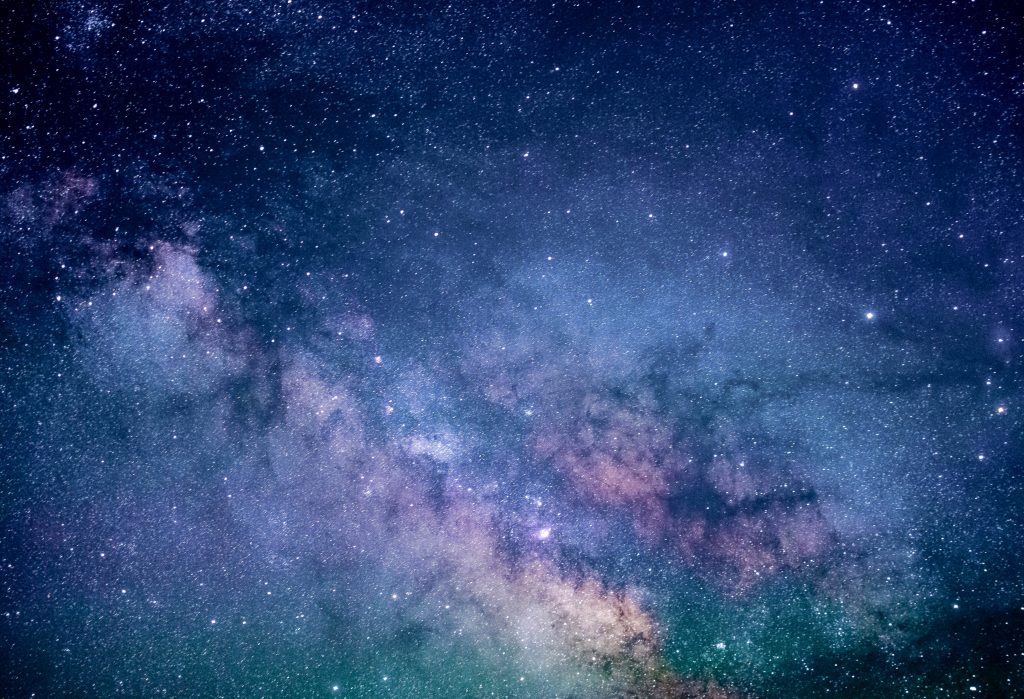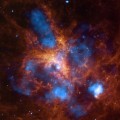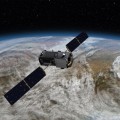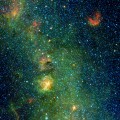
In the span of two years, between 1914 and 1916, English composer Gustav Holst created his opus number 32: The Planets. In this opus containing seven orchestral movements that are all named according to seven planets in our solar system (sadly excluding both Earth and Pluto which was discovered in 1930).
Nowadays, thanks to NASA and other companies exploring space in all kinds of forms, we have actual footage and audio clips from all corners of our solar system.
Let’s find out what planets sound like then, shall we? Of course, our Ambient Mixer users have their own ideas about that as well.
What Do Planets Sound Like?
Mars, the Bringer of War
Mars, the fourth planet from the sun in our solar system, is, according to astrology, the bringer of war. Linked to the Roman god of the same name, one would expect its sounds to be powerful and slightly threatening. Does Holst’s interpretation express this for you?
On the other hand, Mars has been the subject of studies by NASA for a long time now. Probes and smaller explorations have suggested that this actually very cold planet might have had large bodies of water covering it at one point. Due to the big interest in Mars, there is actual audio footage that could be collected from the planet itself:
And what do our users think? There are actually quite some ambient noise mixes dedicated to Mars on Ambient Mixer. For example:
Venus, the Bringer of Peace
The second planet from the sun, Venus, is traditionally regarded as the planet of love and, according to astrology and Holst, of peace. Giving the Roman goddess of beauty her name, the interpretation of this planet should sound calm, loving, maybe a bit spicy. Or what do you think?
Venus is actually the planet closest to Earth, but due to it unbearably hot surface, explorations like the recent ones on Mars have not been successfully undertaken yet. However, the Soviet probe Verena 14 was launched back in 1981 and provided some interesting recordings from the planet’s surface.
The Ambient Mixer users had their own idea of what walking on Venus might sound like: Venus
Mercury, the Winged Messenger
From all planets in our solar system, Mercury is closest to the sun. Astrologically, it is seen as a messenger, which corresponds to it Roman god’s function as well as their Greek counterpart Hermes. But what does this mean with regards to Holst’s interpretation? Something lively, elated, fast?
The same user that created the Venus mix also uploaded their perspective of the sounds of Mercury to Ambient Mixer: Mercury
Jupiter, the Bringer of Jollity
With a radius of 71,492 km (44,423 mi) around the equator (this conforms to 11.209 Earths), Jupiter is the largest planet of our solar system. Interestingly, it was called the “bringer of jollity”, something you would usually not expect from this regal planet. The Roman god Jupiter (Zeus in ancient Greece) is the father or ruler of the godly realm, but especially Zeus is actually known to come to the mortal realm for… let’s say fun. Does Holst portray this in his composition?
Unfortunately, there is no proven scientific data that backs up any sounds coming from this giant planet, but our users have their own interpretations:
Saturn, the Bringer of Old Age
Saturn is interesting as it’s the only planet in our solar system that has a ring that’s composed of ice, rocky debris, and dust. Its acknowledgment in astrology as the bringer of old age corresponds to its usual association with death. This suggests that Holst’s interpretation is rather dark, threatening, and filled with grandeur.
Uranus, the Magician
Uranus, linked to the Greek god of the sky, is somehow associated with a magician. What does this say about Holst’s composition? Is it rather light-hearted or more mysterious?
Neptune, the Mystic
Neptune has a Roman god representation as well, of course, namely the god of the sea, oceans, and other bodies of water. This watery planet is also seen as mystic and a tad mysterious. Die Holst capture this in his work?



